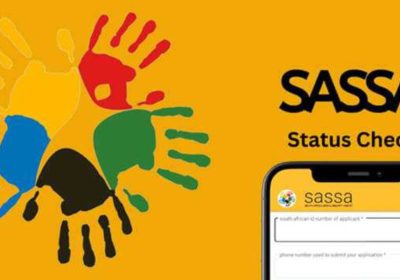
Understanding Your Rights in Credit Reporting
Maintaining an accurate credit report cannot be overstated in the ever-evolving financial landscape. A credit report is a powerful tool that lenders, landlords, and even some employers use to gauge an individual’s financial responsibility. However, inaccuracies in credit reporting can have severe repercussions, from higher interest rates on loans to reduced opportunities for housing.
Understanding your rights in this context is not just advisable; it’s essential. This knowledge can empower you to ensure the fairness and accuracy of your credit information, thus safeguarding your financial future. For individuals looking to challenge inaccuracies, beginning with a credit karma dispute is a common first step.
The Foundation of Your Credit Rights: The Fair Credit Reporting Act (FCRA)
The cornerstone of your rights on health information, in a verbal form, and credit information is the Fair Credit Reporting Act (FCRA), which existed in 1970. The FACTA, primarily intended as a U.S. fairness federal law, was legislation whereby consumer reporting agencies were supposed to provide accurate, fair, and private information collected in their data files. There are several critical rights under the FCRA that you should be aware of: There are several critical rights under the FCRA that you should be mindful of:
- Right to Access Information: Your indefeasible right to a free copy of a credit report from these three credit reporting companies every year: Equifax, Experian, and TransUnion. Similarly, follow up on the customer service process if the company takes adverse action (e.g., application denial for credit, insurance, and employment) based on your credit report.
- Right to Dispute Inaccurate Information: You can challenge and provide documents on the credit report for errors. The credit reporting agency should resolve the disputed items within 30 days from now unless they assume that the dispute from the consumer is considered frivolous.
- Right to Have Inaccurate, Incomplete, or Unverifiable Information Corrected or Deleted: If a situation arises that establishes some information on your credit report turns out to be false or cannot be verified, the credit reporting agency has to take it to your credit report.
- Right to a Calculated Credit Score: Although a fee for this service is likely incurred, your credit score is still the right you have to request. Such a fact is significant to understanding loan officers’ thoughts when assessing your creditworthiness.
How to Navigate Disputes and Correct Inaccuracies
Sometimes, finding a reason to fight erroneous items on your credit report is complex. However, it is a must if you want to be financially healthy. Here are some steps to guide you through the process: Here are some steps to guide you through the process:
- Review Your Credit Report Regularly: This is the place that provides you with protection. Find out any anomalies or inappropriate data that may affect your score significantly.
- Initiate a Formal Dispute: Correspond with the credit reporting office in writing with litigation attachments. To begin with, you should keep a file of all your written exchanges and any documentation that may be relevant.
- Follow-Up: The credit bureau should confirm that the information you provide is inaccurate. Then, the corrections have to be made to your credit report. They likewise will have to notify the other credit bureaus regarding accurate information.
To avoid any inaccuracies in your credit report that could undermine your financial decisions, taking these measures ensures that your credit history will have a good impression.
Conclusion
Being well-versed with and practicing your credit reporting rights constitutes an integral segment of financial literacy. Through the credit action management procedure, you get a guarantee that you are presented appropriately within the economic field. Errors in credit reporting are possible, but the law gives you the power to correct the responsibilities.
Remember that the identification of errors is essential and the anti-fraud and inaccuracies measures are saving you from identity theft. In any case, checking your credit report from time to time, and in each case taking care of the inaccuracies, is among the most critical routine activities for every consumer. Through knowledge and the right tools, the power of which could be utilized, for example, with the credit karma dispute to self-manage your financial future like taking a proactive stand.






